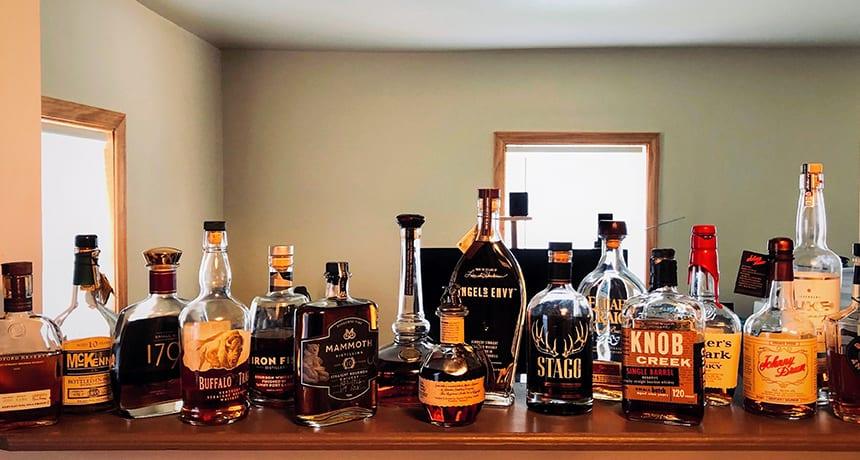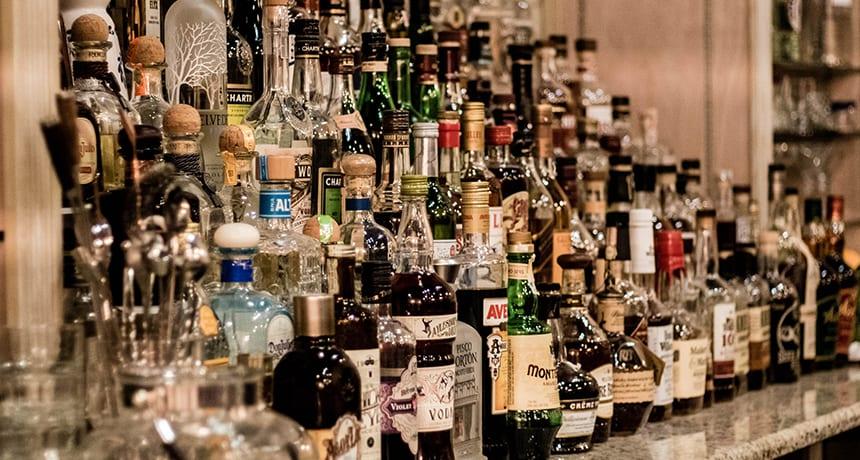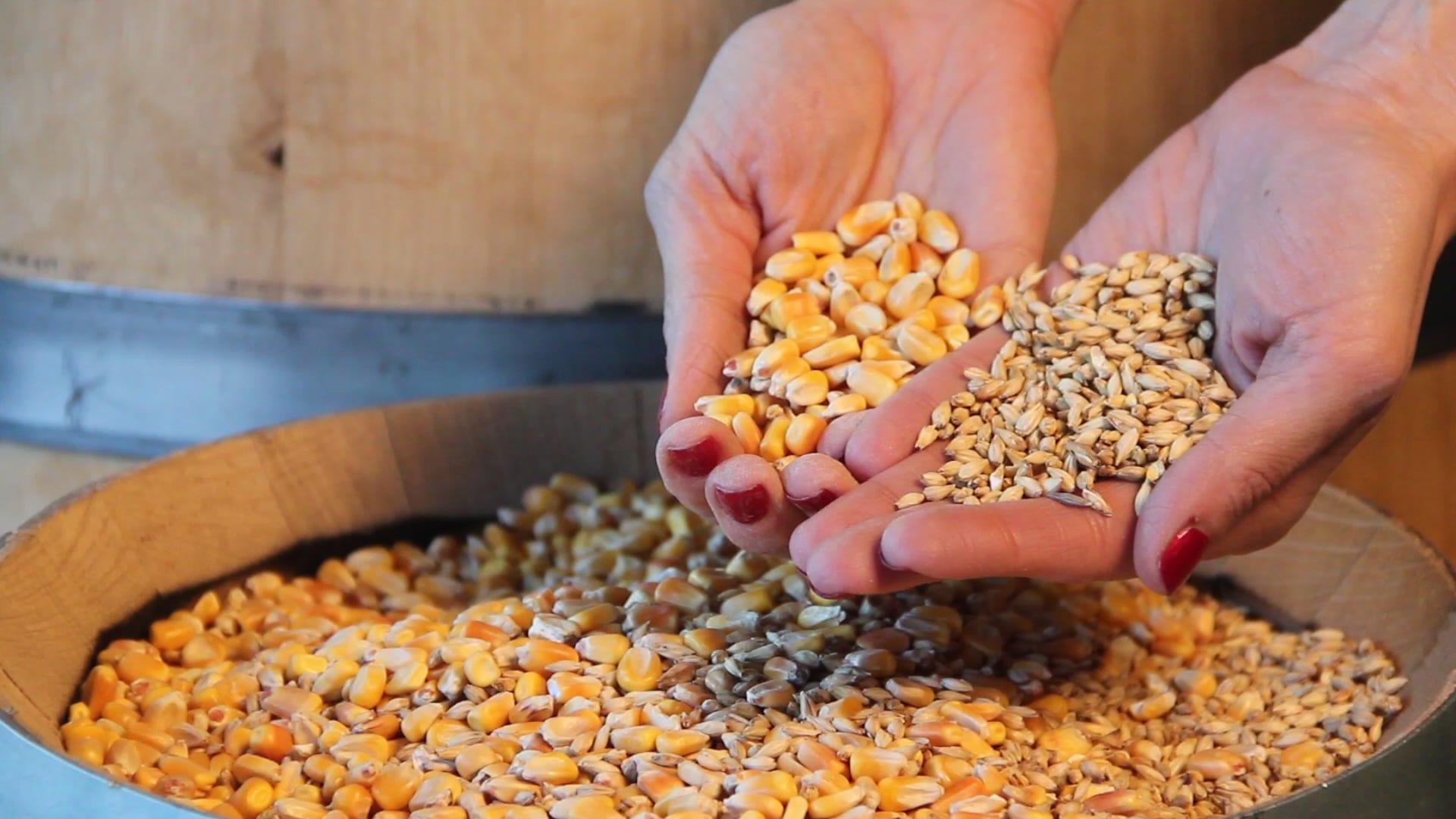
The Art of Non-Alcoholic Spirits
blog
For decades, spirits and cocktails have fostered a culture of craft, connection, and celebration. But over time, cocktail culture has evolved far beyond the buzz!

If you're a fan of liquor, chances are that you've got more than one bottle at home. Maybe you have a fully stocked bar, or perhaps you have bottles scattered around your house — in your cabinets, on your shelves, or even buried in the back of your freezer (hey, we don't judge!) But if you want to know the best way to keep your liquor tasting its finest, then follow these three rules for storing your spirits.
Thanks to their high alcohol content, most distilled spirits — including whiskey, vodka, gin, rum, and tequila — do not require refrigeration. However, if the temperature gets too high, the alcohol will expand and evaporate. And while it won't make the liquor "go bad," heat — especially from direct sunlight — can increase oxidation rates, causing a change in flavors and loss of color.
What about freezing? Of course, some people prefer to chill clear liquors in their freezers before serving, but this might be a mistake, according to some experts. While there's no risk of your spirit turning to ice (the alcohol content is too high to allow that to happen), storing spirits in lower temperatures can mute flavors that you would otherwise enjoy, like floral essences and other botanicals.
In fact, many cocktails are enhanced by the room-temperature liquor melting the ice cubes in the glass. The ice melt creates a balance that enhances the flavors of the liquor. If you add ice to an already cold drink, it's just not going to have the same effect.
Your best bet is storing your liquor at room temperature — but if you want to get really technical, experts recommend keeping it within 55 to 60 degrees.
Unopened spirits can last for years if stored properly, but once opened, they become more prone to oxidation. As mentioned previously, when the ratio of air to liquid increases, the flavors and color of a liquor can change. So when less than one third of your booze remains in the bottle, your best bet is either to finish it off or simply transfer it to a smaller container.
And while we're here — skip the decanter. Your bourbon might look pretty in crystal, but it's also likely to oxidize more quickly if kept in this container long term. Instead, opt for storing your spirits in the original bottle, and maybe saving the decanter display for special occasions.

Although this goes against the rules for wine, liquor should never be stored on its side. When stored horizontally, constant contact between high-proof alcohol and the cork can spell disaster for your favorite spirit. If left unattended, this setup can actually disintegrate the cork over time, causing it to mix into your liquor. Yuck.
At the same time, you don't want to leave the cork to dry out and crack, or you'll have a similar problem. It's best to leave your bottles upright, but flip the bottle upside down every once in a while to re-wet the cork. This way, you aren't left with any unsavory surprises next time you decide to enjoy a glass or two!
Technically, liquor doesn't ever really go bad — and storing it incorrectly won't make you sick. However, it can affect how your beloved booze tastes and ages down the road. Our tip — buy smaller bottles of the spirits that you don't drink as often and invest in a trendy bar cart or liquor cabinet. And don't forget to enjoy!

blog
For decades, spirits and cocktails have fostered a culture of craft, connection, and celebration. But over time, cocktail culture has evolved far beyond the buzz!

blog
Those that are familiar with the process of crafting distilled spirits may also be familiar with the 10 common congeners that are created during fermentation, and honed during the distillation run. Each congener has its own distinct personality, rendering unique tastes and aromas to the finished spirit.

blog
So, you want to start distilling with freshly milled grain. Maybe you're tired of paying top dollar for the pre-milled stuff from the malt distributor, and you're ready to invest in the quality, efficiency, and bulk pricing that comes with milling your own whole grain. But where do you start?